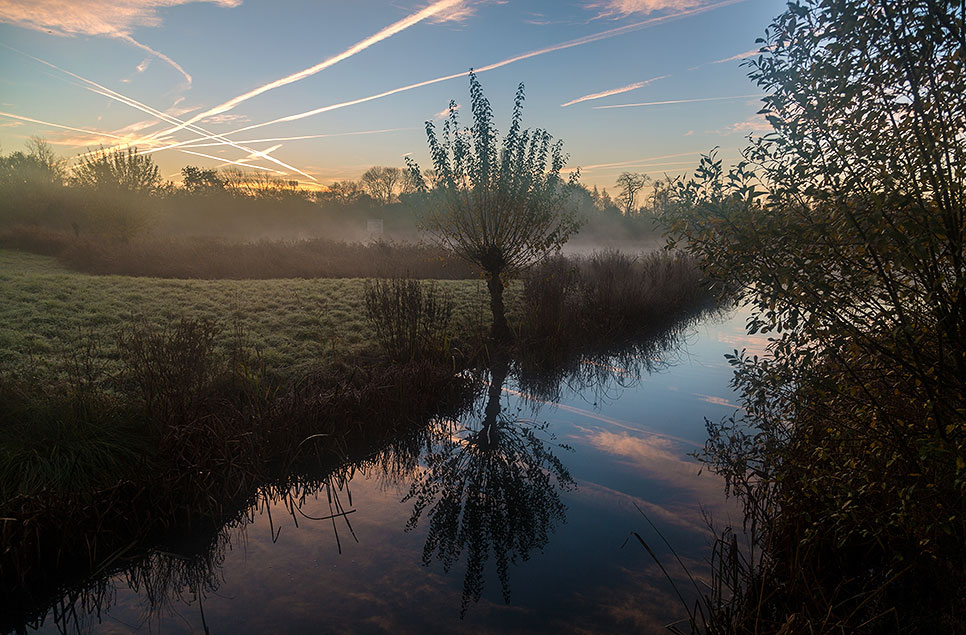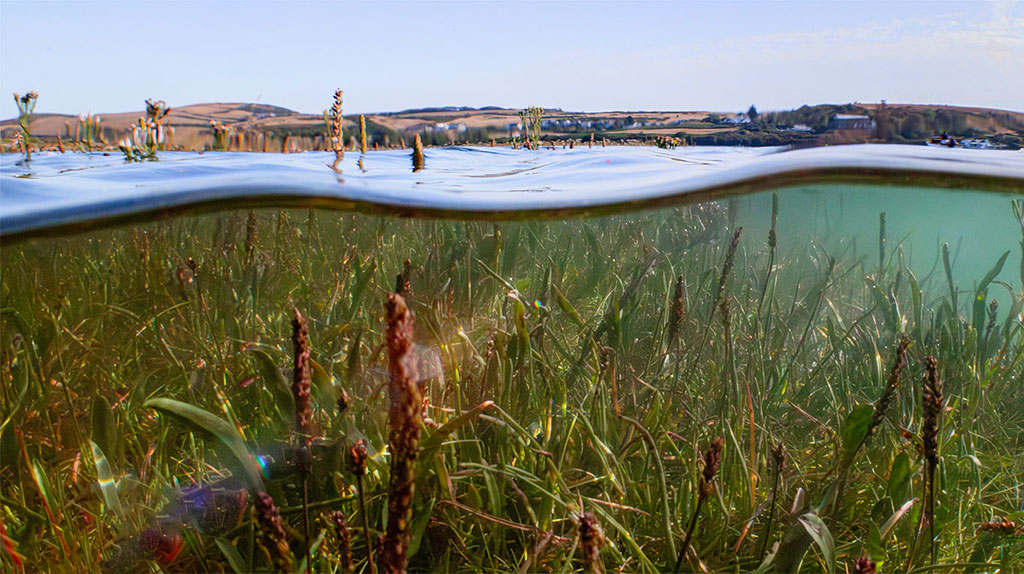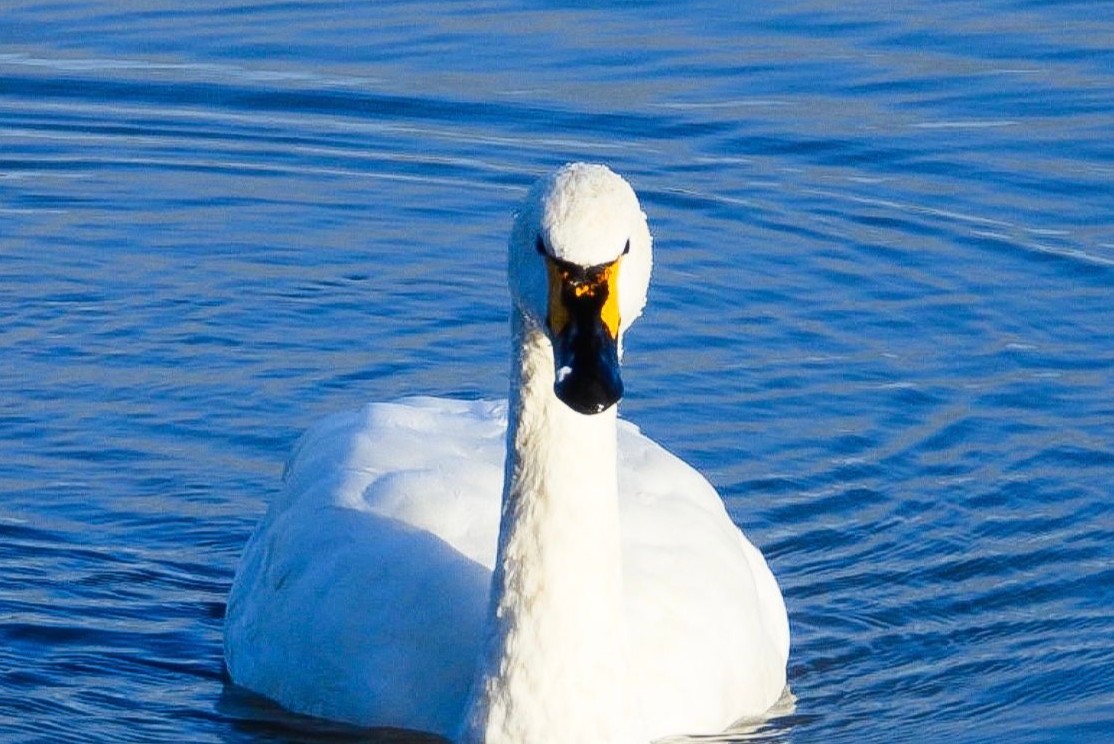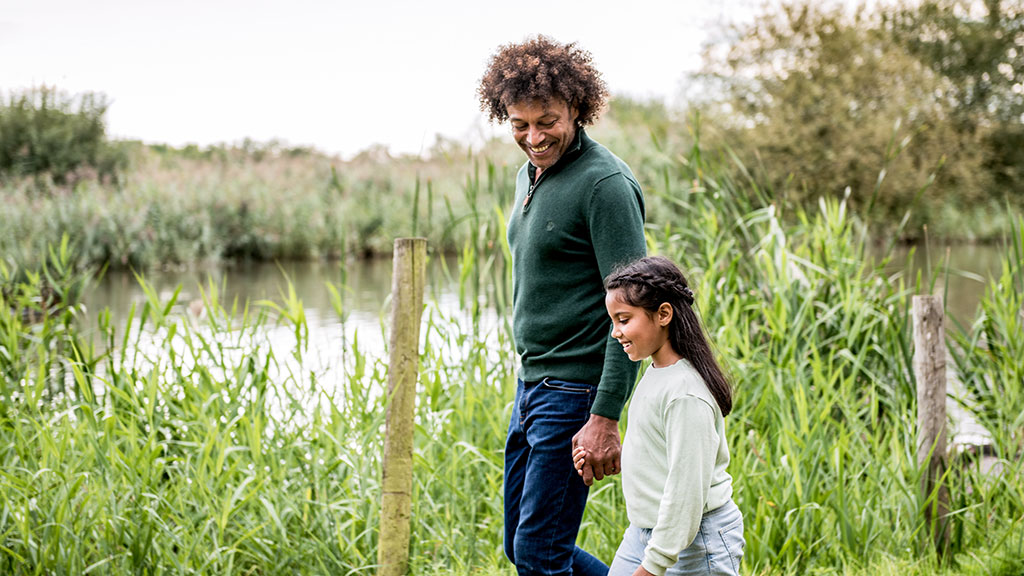Parliamentary committee issues damning report on the quality of water in our rivers
A damning parliamentary report has highlighted the failure to monitor, regulate and invest in the cleanliness of our rivers – and called for change.

A damning parliamentary report has highlighted the failure to monitor, regulate and invest in the cleanliness of our rivers – and called for change.
WWT is strongly supportive of the report, released by the Environment Audit Committee, and agrees that more investment is needed in the sort of nature-based solutions recommended by the committee. Wetlands are particularly effective in cleaning water though filtering out pollutants, including those from sewage, agriculture and roads
The report states that a “chemical cocktail” of sewage, agricultural waste, plastic and persistent chemicals is polluting our rivers and that a “step change in approach is vital to protect freshwater biodiversity”. The report also states it is apparent the challenges to good water quality in rivers are not confined to sewage pollution – but also includes agricultural pollution and road run-off. All these need urgent attention.
The report concludes that improving the quality of water in the rivers of England is key to delivering the Government’s legally binding duty, established in the 2021 Environment Act, to halt the decline in UK species by 2030.
WWT’s project manager for nature-based solutions, Dan Roberts, said: “We strongly support this report and in particular the call for incentivising water companies to invest in the sort of nature-based solutions that we at WWT are experts in supplying.
“The recent announcement to use farmland to restore and create healthy wetlands is a great opportunity to build natural water filtration systems which will help reduce pollution from agriculture run-off.
“We’re also working with water companies to demonstrate how wetlands can help reduce pollution from sewage – our project with Wessex Water at Cromhall is a great example of how a wetland with its careful balance of plants and microbes can extract pollutants from water.
“The role wetlands can play in helping to naturally clean water and deal with pollution is one of the reasons we’re calling for the creation and restoration of 100,000 hectares of wetlands across the UK through our Wetlands Can! campaign – sign up to pledge your support.”



